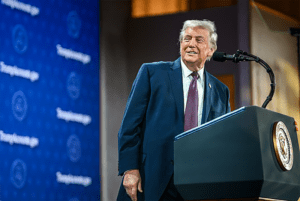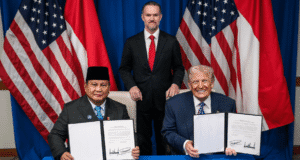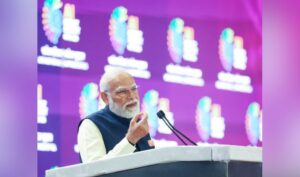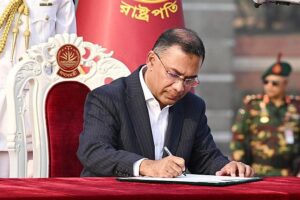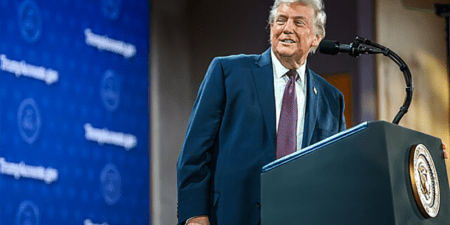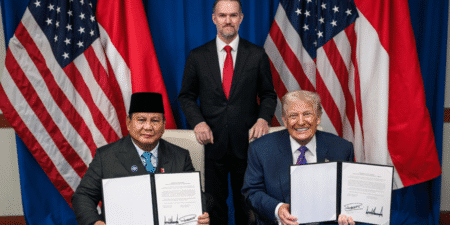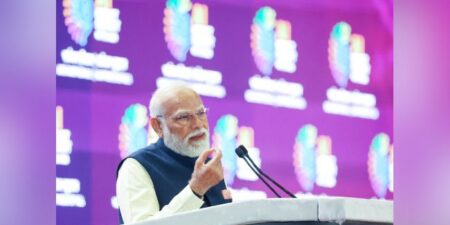
Cambodia Tariff Tracker | August 1, 2025
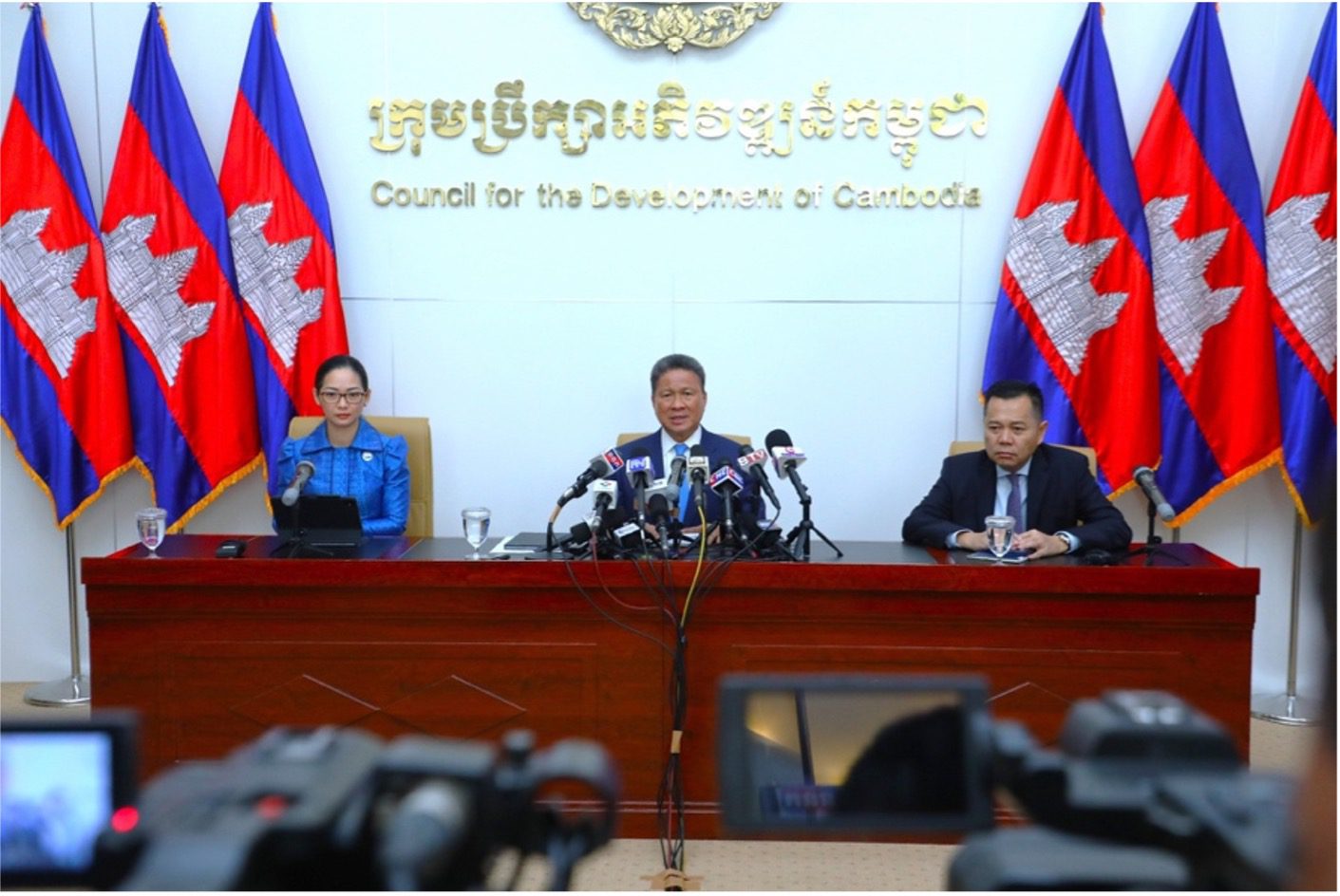
BGA Cambodia Managing Director Bora Chhay wrote an update to clients on Cambodia’s trade negotiations with the United States.
Context
- U.S. President Donald Trump on July 31 (U.S. time) announced a universal tariff reset, with Cambodia set at 19 percent,down from the previous levels of 49 percent and 36 percent announced April 2 and July 8 respectively. The deal was reinforced by Cambodia’s bilateral commitments, including zero-tariff access for over 11,000 harmonized-system code lines of U.S. exports and reduction of trade barriers. Cambodia also pledged enhanced protection of intellectual property rights, enforcement of stricter rules of origin to prevent transshipment and negotiations for the purchase of 10 Boeing aircraft. These efforts were reinforced by a U.S.-brokered ceasefire between Cambodia and Thailand over a deadly border conflict, with diplomatic support from China and coordinated under Malaysia’s leadership as chair of the Association of Southeast Asian Nations.
- Prime Minister Hun Manet posted on social media that the announcement was great news for the Cambodian people and economy, reaffirming the country’s development ambitions. Manet expressed appreciation to Trump for his leadership in supporting the Cambodia-Thailand ceasefire and advancing economic and trade relations between United States and Cambodia.
- According to the General Department of Customs and Excise, Cambodia-U.S. trade reached $4.5 billion in the first five months of 2025, up 27 percent year on year, with $4.4 billion in exports. In 2024, total bilateral trade reached $10.2 billion, up 11.2 percent from 2023.
Significance
- The United States lowered import tariffs on Cambodian goods to 19 percent as part of a universal tariff reset led by Trump ahead of the August 1 deadline. This marks a sharp drop from the previously threatened 49 percent reciprocal rate announced April 2 and 36 percent rate announced July 8. The new rate places Cambodia on par with key Indo-Pacific peers exporting garments, footwear and travel goods to the United States, including Indonesia and Pakistan at 19 percent; Vietnam, Bangladesh and Sri Lanka at 20 percent; India at 25 percent; and Myanmar at 40 percent.
- Cambodia’s lower rate followed Hun Manet’s calls with Trump on July 26 and 28. Manet thanked Trump for his decisive leadership in brokering an immediate and unconditional ceasefire between Cambodian and Thai forces and praised Deputy Prime Minister Sun Chanthol and Cambodia’s negotiating team for their efforts in securing the outcome.
- At a press conference August 1, Sun Chanthol announced Cambodia’s commitment to zero-tariff on all 11,414 harmonized-system code lines of U.S. imports, including energy, vehicles, agricultural and medical devices, starting August 1 under the trade agreement with the United States.
- Trump called for an end to the Cambodia-Thailand conflict on July 27 by leveraging trade pressure, leading to a ceasefire July 28. U.S. Commerce Secretary Howard Lutnick announced a trade deal with Cambodia and Thailand July 30.
Implications
- Cambodia will work to lower production costs and promote continued reforms in logistics, energy infrastructure and the country’s legal framework to sharpen its global competitiveness. Cambodia is moving forward with ambitious critical infrastructure upgrades designed to drive trade growth and position the country as a more attractive destination for investment. Key projects include the Techo international airport (September 2025), Funan Techo Canal (2028), the expressway from Cambodia to Vietnam (2027) and 14.5-meter seaport upgrades aiming to bring total cargo capacity to 2.6 million 20-foot equivalent units by 2030. These projects are designed to significantly reduce logistics costs, enhance regional connectivity and position Cambodia as regional hub.
- The agreement helps reinforce Cambodia’s status as a cost-competitive and investor-friendly manufacturing base that offers competitive tariff access, comparable labor costs and an open trade environment, making it an attractive destination for factory relocation.
We will continue to keep you updated on developments in Cambodia as they occur. If you have any comments or questions, please contact BGA Cambodia Managing Director Bora Chhay at bchhay@bowergroupasia.com.
Best regards,
BGA Cambodia Team

Bora Chhay
Managing Director
Bora leads BGA’s practice in Cambodia. He is a highly regarded government affairs and public policy expert who helps clients resolve business issues, navigate regulatory and legal challenges, expand operations, explore new investment opportunities and enter Cambodia’s market. Prior to joining BGA, Bora served for five years as a fast-moving consumer goods (FMCG) corporate and regulatory affairs professional. In this role, he helped transform his company’s government relations and corporate affairs unit into a more effective business-driven group. Notwithstanding Cambodia’s difficult and highly regulated macro environment, Bora played a key role in developing and executing government relations and corporate affairs ... Read More
×

















